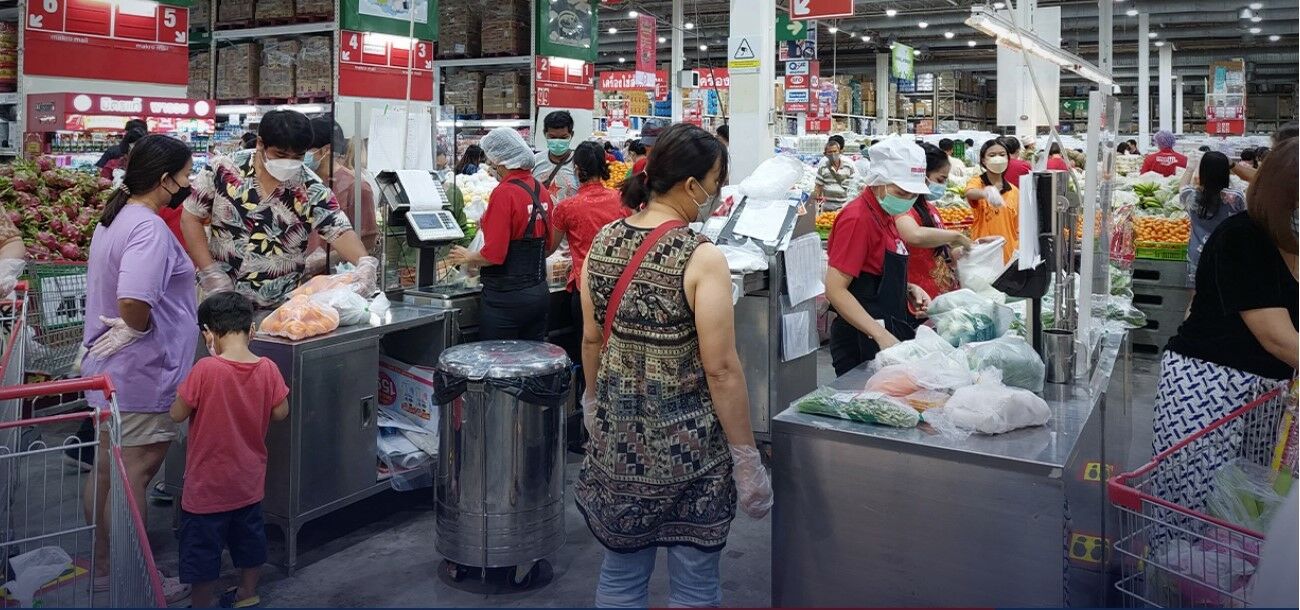Essential ascent: Despite fiscal twists, analysts predict vital goods to drive economic lift-off

Despite the financial rollercoaster, essential goods are set to expand. Analysts declare that essential goods will help boost the economy.
The Thai Chamber of Commerce’s recent survey predicts a 1.5% dip in purchasing power, attributed to escalating interest rates, inflation, and the lingering pandemic hangover.
Undeterred, consumers are rallying around staples like food, beverages, personal care products, household items, and medicines. Even with tightened budgets, these necessities remain non-negotiable.
To woo budget-conscious buyers, businesses are rolling out the big guns. The report emphasises value for money. Discounts, promotions, and loyalty programs take centre stage as companies strive to make essentials affordable.
Analysts urge businesses to adapt to changing lifestyles. Think healthier food options and budget-friendly personal care products – a game-changer for those counting pennies.
As the global stage casts shadows of geopolitical turmoil and sustainability concerns, the spotlight is on Thailand. Strengthening internal capabilities, particularly in agriculture, becomes the key to unlocking prosperity beyond tourism, reported The Nation.
Next year promises a rebound. With the revival of restaurants, factories, and entertainment hubs, purchasing power is poised to soar. Modern retail malls are on the rise, making essential goods a breeze to snag.
In related news, in a bid to rescue Thailand‘s floundering manufacturing sector, the Thai government is gearing up for a fierce showdown against a deluge of low-priced imports that threaten to drown local industries. The Commerce Ministry’s crackdown, aimed primarily at products flooding in from China, promises to safeguard Thai manufacturers from the relentless assault on their market share.
In other news, the Cabinet has greenlit policies for next year’s import of raw materials required in animal feed production, such as animal feed corn, soybean meal, and fish meal. The intention behind this move is to back local production.
A significant change in this year’s policy is the annual approval of import permits, a reduction from the previous term of three years. This alteration aims to ensure fair price acquisition of farm products nationwide.
Latest Thailand News
Follow The Thaiger on Google News:


























